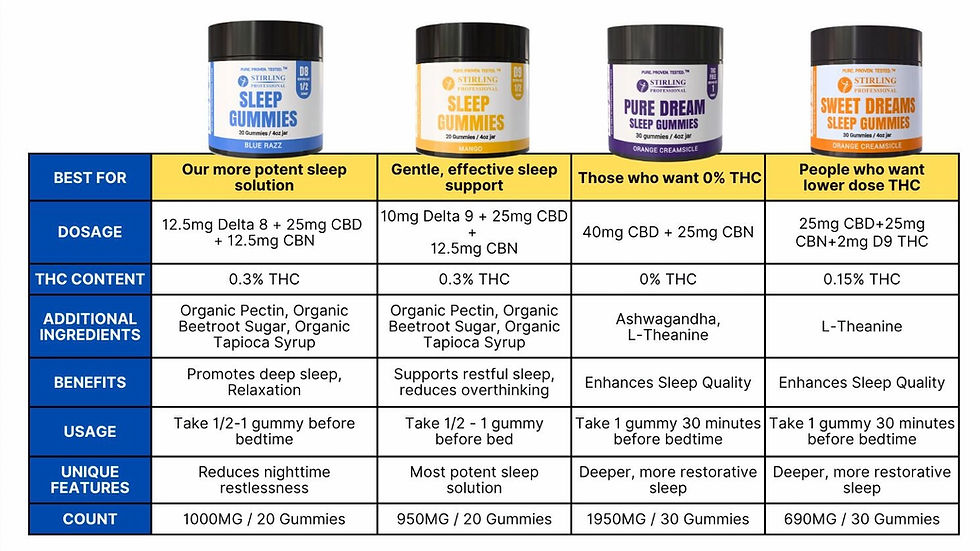Key Immunity Nutrients
- drlindaberry
- Jun 4, 2021
- 3 min read
In my last few newsletters I discussed the importance of vitamin D and vitamin A to keep your immune system strong. Now let's look at the other big three that many Americans are deficient in: Vitamin C, vitamin E and Zinc.
National Health and Nutrition Examination Survey studies - The CDC has known for at least two decades that Americans are deficient in the following key immunological nutrients: Vitamin A (35-45% of the population is deficient), Vitamin C (37-46%), Vitamin D (65-95%), Vitamin E (60-84%), and Zinc (11-15%).
These big three are all antioxidants and nutrients that not only support immune system health but also repair damage to your cells from toxins and pollution. You may have heard of free radical damage, these nutrients trap the toxins that cause damage to your cells.
Vitamin C
Let's first look at vitamin C. Vitamin C is a complex compound. Most inexpensive vitamin C supplements contain only ascorbic acid. That's not enough protection. You also need undiluted bioflavonoids. If you have food sensitivities and or allergies I recommend taking Aller-C from Vital Nutrients. That's what I take, you can find this by going onto your Fullscript account or by opening one to receive a 10% discount and free shipping for an order of $50 or more.

Kiwi fruit has more vitamin C than oranges, but you can also get vitamin C in most fruits and vegetables like red bell peppers.
Vegetables with the highest sources of vitamin C include:
Broccoli, Brussels sprouts, and cauliflower
Green and red peppers
Spinach, cabbage, turnip greens, and other leafy greens
Sweet and white, potatoes
Tomatoes and tomato juice
Winter squash
Vitamin E
Most Americans are 60-84% deficient in vitamin E. It is also a complex compound. Look for mixed tocopherols, especially the delta form when you purchase a vitamin E supplement. For example, Vitamin E 400IU w/ Mixed Tocopherols on Fullscript is a great option. It's best not to take more than 60 units per day including whatever vitamin E may be in your other multivitamin supplements.
Vitamin E is found in plant-based oils, nuts, seeds, fruits, and vegetables:
Wheat germ oil
Sunflower, safflower, and soybean oil
Sunflower seeds
Almonds
Peanuts, peanut butter
Beet greens, collard greens, spinach
Pumpkin
Red bell pepper
Asparagus
Mango
Avocado
Zinc
Finally there is the noble zinc, which 11-15% Americans are deficient in. Zinc is required for numerous processes in your body, including:
Gene expression
Enzymatic reactions
Immune function
Protein synthesis
DNA synthesis
Wound healing
Growth and development
Because of its role in immune function, zinc is likewise added to some nasal sprays, lozenges and other natural cold treatments.
Zinc is especially important for the production of testosterone, that both men and women need. Besides sex drive and performance, testosterone gives women the drive to be successful in their personal and business adventures. Deep wrinkles are a sign of testosterone deficiency. Your body simply cannot make testosterone without adequate amounts of zinc because zinc is part of the testosterone molecule.
Zinc actually considered an essential nutrient, meaning that your body can’t produce or store it. For this reason, you must get a constant supply through your diet. Animal products, such as meat and shellfish, contain high amounts of zinc in a form that your body easily absorbs. While some foods are naturally high in zinc, certain foods — such as ready-to-eat breakfast cereals, snack bars and baking flours — are fortified with zinc.
Keep in mind that while zinc found in plant-based sources like legumes and whole grains its absorbed less efficiently because of other plant compounds that inhibit absorption. This is where vegetarians and vegans can really be more likely to be get in trouble because our best sources of zinc is from red meat and shellfish.
Examples of foods high in zinc:
Oysters, 3 ounces (oz): 74 mg
Beef patty, 3 oz: 5.3 mg
Alaska king crab, 3 oz: 6.5 mg
Fortified breakfast cereal, 3/4 cup serving: 3.8 mg
Cooked lobster, 3 oz: 3.4 mg
Cooked pork chop loin, 3 oz: 2.9 mg
Baked beans, 1/2 cup serving: 2.9 mg
Dark meat chicken, 3 oz: 2.4 mg
Pumpkin Seeds
Chickpeas
Limit your zinc intake to 50mg per day or less from all sources. If you want to take the supplement form you can search for zinc on your Fullscript account too . For sustainable, organic, high quality meat and shellfish try Butchers Box and get $30 off with this link. I have a box delivered to my home every two months. Step up and protect your health, support the health of the planet with sustainable high quality animal proteins and save money. As always, here's to your best health! Dr. Linda P.S. Don't forget you can get your supplements for a 10% discount and free shipping for orders of $50 or more with Fullscript. I just learned you can use your Health Savings account (HSA) cards for payment so that helps with your taxes!
Fun Fact: People get used to feeling bad but you can take action to change that, 'What You Resist Persists'




Comments